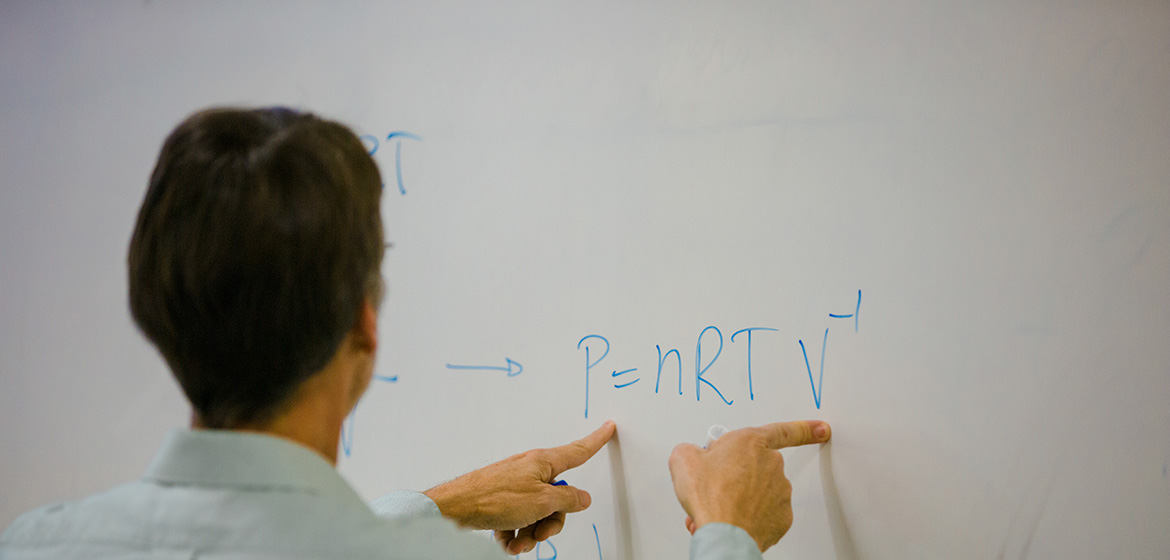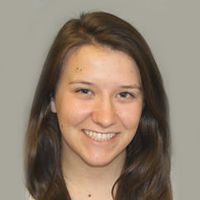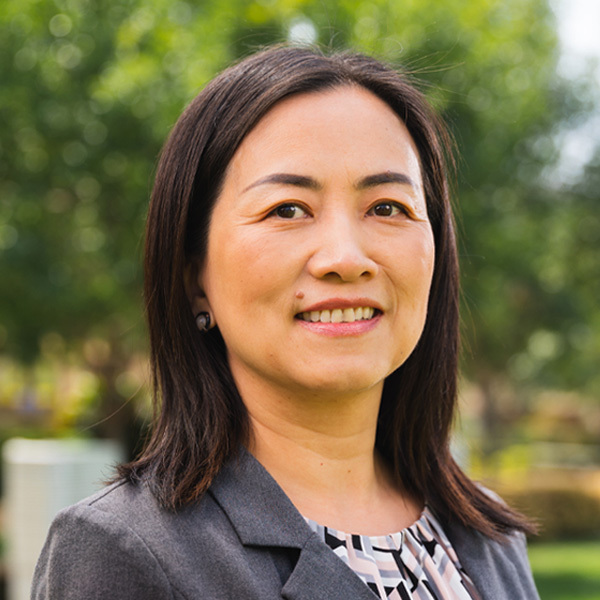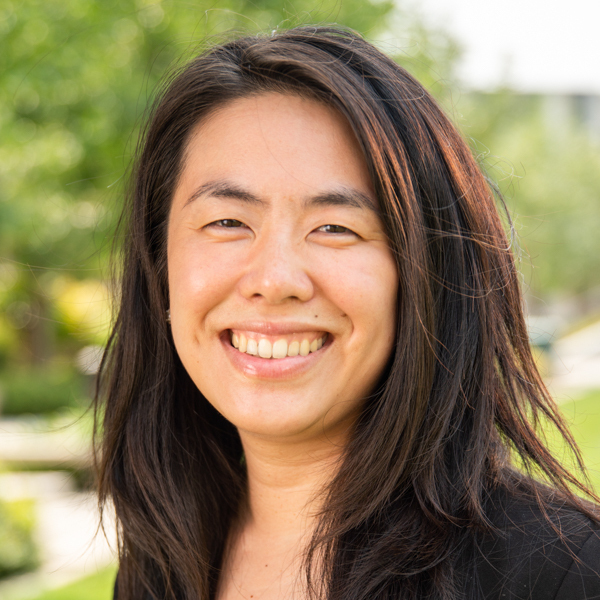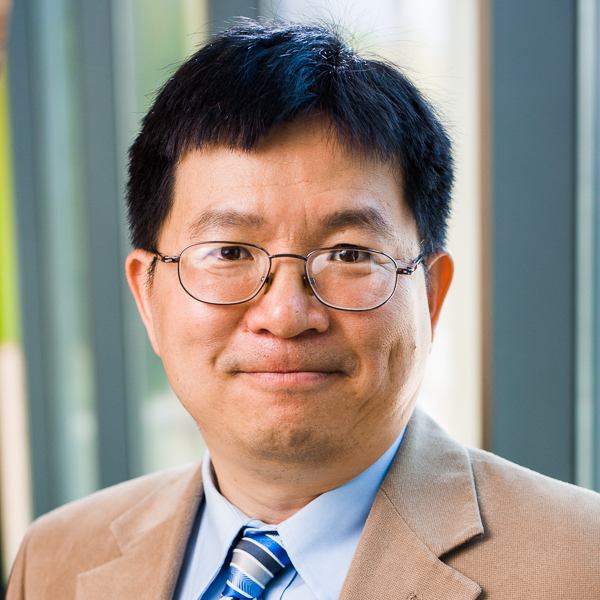B.S. in Physics
Overview
Physics is the study of energy and matter, particularly how they interact. Biola's physics major prepares one for graduate school and for a career in a technology-oriented business, industry or government agency.
In addition to its strong curriculum, expert faculty members and biblical integration, Biola’s physics program — housed in the Biola.io Tech Division — offers several key advantages:
- Our small classes and shared faith provide an opportunity for close interaction with faculty and encourage close bonds with other students.
- The major is challenging but offers more than just a sense of accomplishment, as it furnishes students with practical technical skills in addition to theoretical competency.
- The subject matter prepares students for careers in a number of technical disciplines that are projected to be of increasing importance and prevalence, including energy and computers.
- Biola’s location in Southern California — one of the world’s largest and most diverse metropolitan areas — is ideal for internships and opportunities to work in local industry.
- Well-equipped laboratories and instrumentations at the Lim Center offer hands-on experience and opportunities to put your learning into action.
- Be mentored by expert faculty who integrate their Christian faith into their lives as researchers, teachers and ministers in local or global communities. Students have opportunities to be involved in directed research with faculty, participate in presentations at various conferences and co-author peer-reviewed journal articles. Learn more about our faculty and student research.
Concentrations
- BiophysicsThe biophysics concentration focuses on the chemical and molecular basis of biological systems, emphasizing cellular and molecular biology, biochemistry and chemistry. Students gain foundational laboratory and analytical skills and are prepared for advanced study or careers in biomedical research, biotechnology, chemistry and health-related professions.
- Quantum ComputingThe quantum computing concentration emphasizes computational thinking and quantitative problem-solving through core coursework in computer science, algorithms, discrete mathematics and scientific computing. Students develop skills in programming, data structures, algorithm design and computational methods applied to science and engineering, preparing them for advanced study or careers in computing, engineering and technical research fields.
